I was first introduced to Hughes’ work in University, in an undergraduate poetry class. “Harlem Sweeties” filled me with wonder at the man’s appreciation for women of colour. I had never considered the subtle physical beauty of such a rich variety of skin tones, and I never again looked upon black women without being reminded of Hughes’ words:
| Harlem Sweeties Have you dug the spill Of Sugar Hill? Cast your gims On this sepia thrill: Brown sugar lassie, Caramel treat, Honey-gold baby Sweet enough to eat. Peach-skinned girlie, Coffee and cream, Chocolate darling Out of a dream. Walnut tinted Or cocoa brown, Pomegranate-lipped Pride of the town. Rich cream-colored To plum-tinted black, Feminine sweetness In Harlem’s no lack. Glow of the quince To blush of the rose. Persimmon bronze To cinnamon toes. Blackberry cordial, Virginia Dare wine— All those sweet colors Flavor Harlem of mine! Walnut or cocoa, Let me repeat: Caramel, brown sugar, A chocolate treat. Molasses taffy, Coffee and cream, Licorice, clove, cinnamon To a honey-brown dream. Ginger, wine-gold, Persimmon, blackberry, All through the spectrum Harlem girls vary— So if you want to know beauty’s Rainbow-sweet thrill, Stroll down luscious, Delicious, fine Sugar Hill. www.poetryfoundation.org |
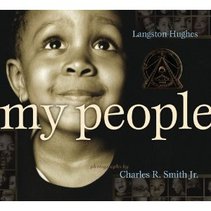
Recently, I attended a church service celebrating MLK day. In addition to being treated to an offertory sung by the “melted butter” voice of baritone Marcus Nance, the congregation also heard the choir sing an anthem, the words for which were written by – guess who? – Langston Hughes!
Hughes was the first African American poet who earned a successful living from his work. He was uncompromising in his writing, walking the delicate tightrope between the misunderstanding and sharp criticism from his own people and the patronizing power pull of the dominating culture. He believed passionately in the beauty and “real-ness” of his people, and wrote extensively of it, both in poetry and prose, as he saw it, never swayed by the opinions of his critics of any colour:
“If white people are pleased [at our work], we are glad. If they are not, it doesn’t matter. We know we are beautiful. And ugly, too… If coloured people are pleased, we are glad. If not, their displeasure doesn’t matter either. …We stand on top of the mountain, free within ourselves.”
Many of us depend greatly on the opinions of others to sustain our self worth. Perhaps we ought better look around us and focus less on our oppressors, and more on simply enjoying the view.
Let us delight in the words and ideas at our disposal to describe what we contemplate, regardless of others' negativity towards us!
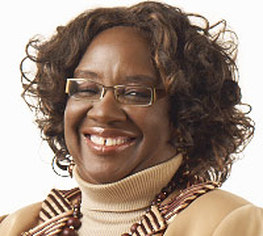
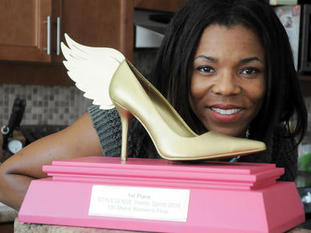

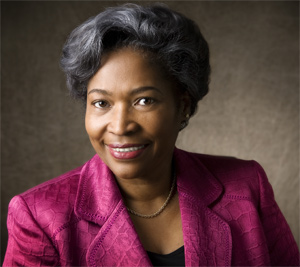
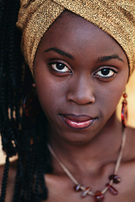


 RSS Feed
RSS Feed